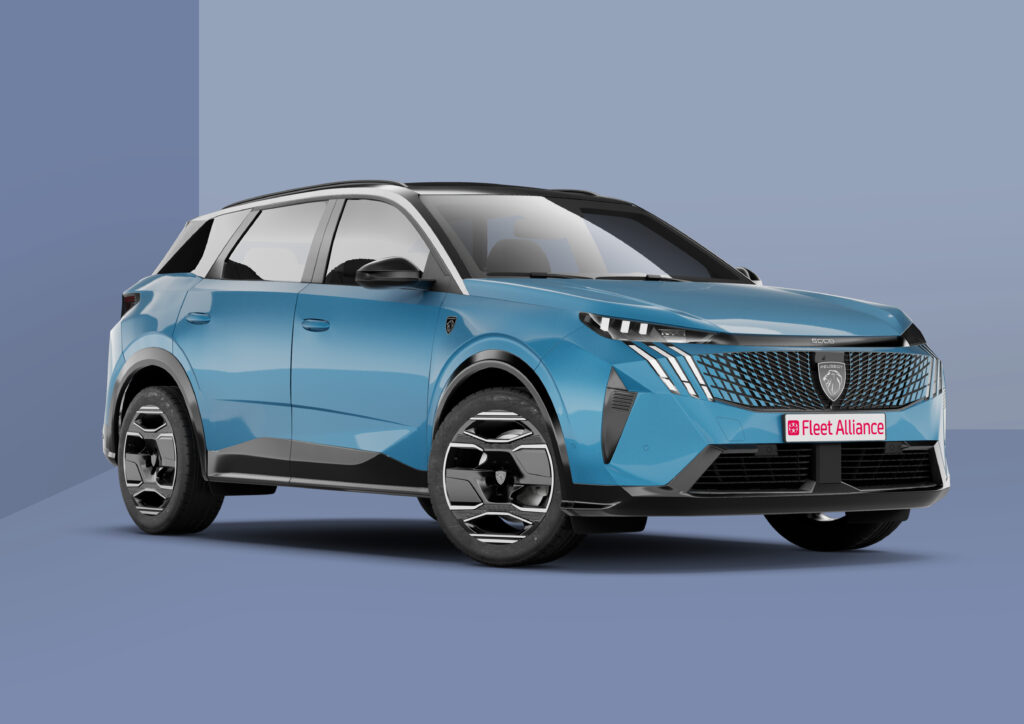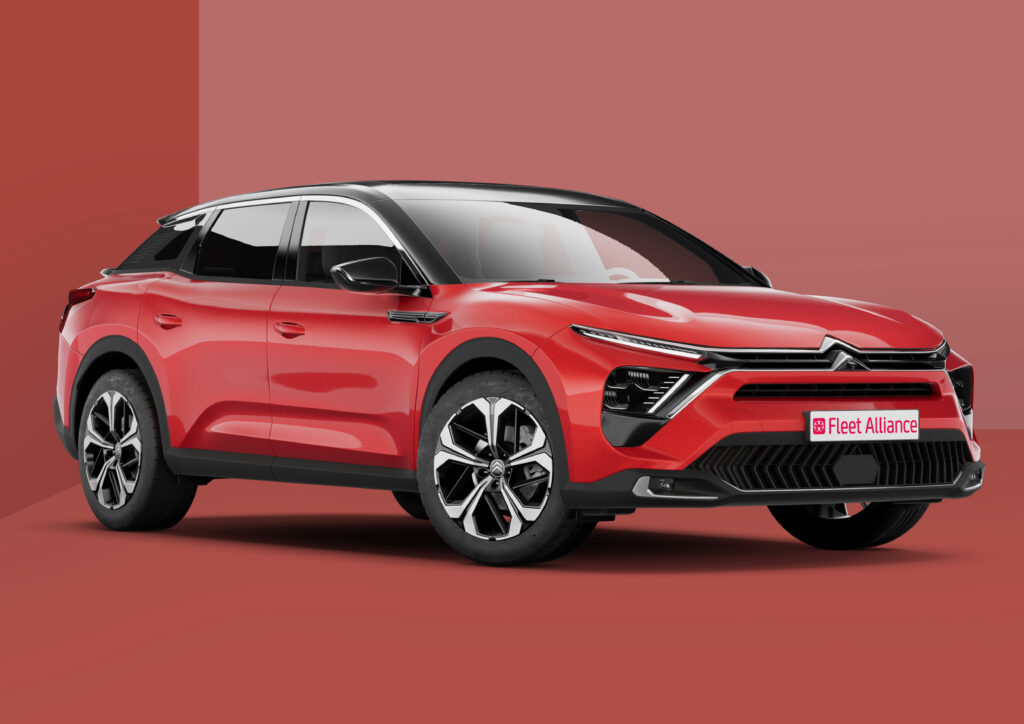Best company cars to beat BIK in 2024/2025
The number of fleet cars on the market is booming. During the first quarter of 2024, fleet and business registrations accounted for 62% of the market – an 8% increase in just 12 months. Fleets are investing in the latest vehicles, especially electric vehicles (EVs), plug-in hybrids (PHEVs) and, to a lesser extent, hybrid electric … Continued












